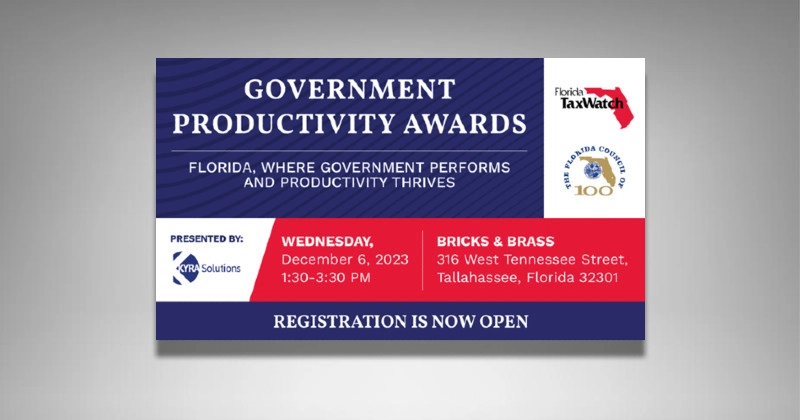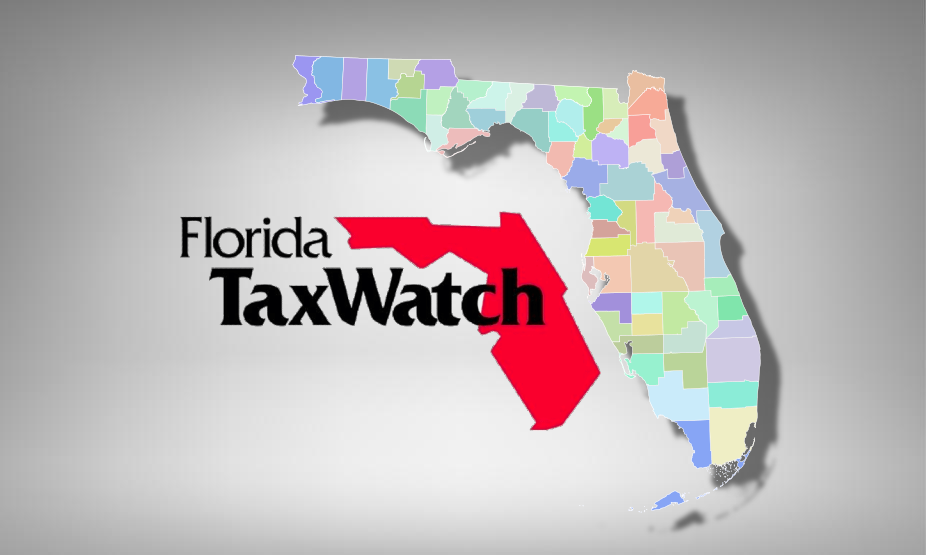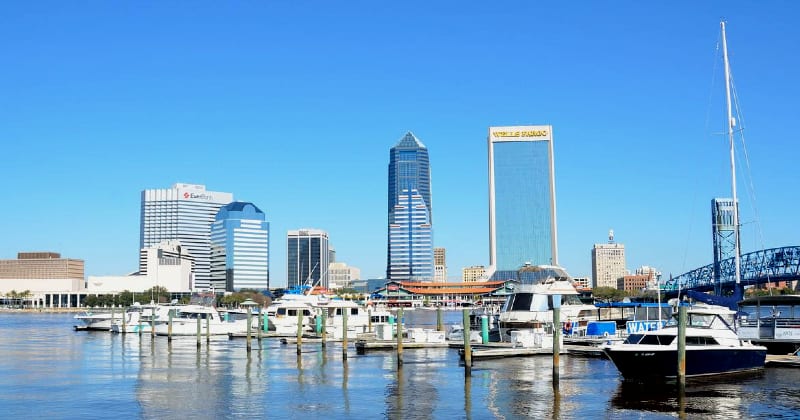This week, Florida TaxWatch (FTW) released “Beyond the Pandemic: Long-Term Changes and Challenges for Florida’s Workforce,” the third installment in the taxpayer research institute’s COVID-19 Legacy Series.
The report highlights current workforce trends and the long-term ramifications for Florida’s future talent pipeline and workforce development, as well as the state’s economic growth and fiscal sustainability.
Florida TaxWatch President and CEO Dominic Calabro weighed in on the report on Thursday.
“Recently, remote work has become ubiquitous across the nation and here in Florida. Before the pandemic, remote workers comprised less than seven percent of the state’s workforce, but by the latter half of last year, they accounted for nearly 32 percent. As the foundational aspects of the workforce continue to evolve, Florida TaxWatch encourages policymakers to consider how the future of work is transforming, while rethinking the traditional metrics that have typified economic development in order to adapt to the changing times,” Calabro said.
Nationally, the percentage of all Americans working remotely jumped from roughly 6 percent in 2019 to almost 37 percent in 2020. The economic impact of this trend is compounded by the accelerated adoption of automation and artificial intelligence, which, even before the onset of the pandemic, was projected to impact some 4.5 million U.S. jobs in the next decade.
While convenient in some respects, a more sustained shift to remote work raises a number of concerns, including implications for long-term productivity, and significant changes to the amount of commercial and residential property needed for office space will certainly impact the state’s real estate sector. Studies estimate that approximately 20 percent of business travel will not resume post-pandemic, with companies opting for videoconferencing and virtual meetings instead, which could result in hotels, restaurants, transit, and other local businesses across Florida taking an economic hit.
The rise of technological advancements following large-scale recessions is not a new feature of the cyclical economy, but what differentiates the recent recession from those prior is the pandemic’s universality. Across all sectors, technological innovation was a means of survival, rather than competitive advantage – a way to continue operations while also mitigating public health risks. Looking ahead, FTW predicts companies will increasingly prioritize capital investment in new technologies to prepare for future disruptions, like natural disasters, trade disputes, and cyberattacks.














GD
July 24, 2021, 8:36 am at 8:36 am
There is a great reordering of work, life going on and things will be very different going forward as people have had the time and money to think about what their life should be.
Many large corporations are going to become useless, bankrupt in energy, transport and low overhead competition.
Strange as it sounds energy will in just 15 yrs shift from corporations, utilities to home, building, EV owners and small business.
And people with remote work and small business take over a lot more.
Many will find the joy in cutting work to 20hr/wk or even as I did, semi retire at 25. How is people will have paid for modest homes that produce on demand power they sell to balance the grid.
EVs with V2G will store cheap power and sell it on demand getting free charging and $250/month selling on demand power.
Yet Florida is completely unprepared for it as the utilities own the government is working hard to prevent it but the invisible hand will win in the end as clean energy costs less and no one with a brain wants to pay more for polluting power, cars, trucks, in the next 2-3 yrs.